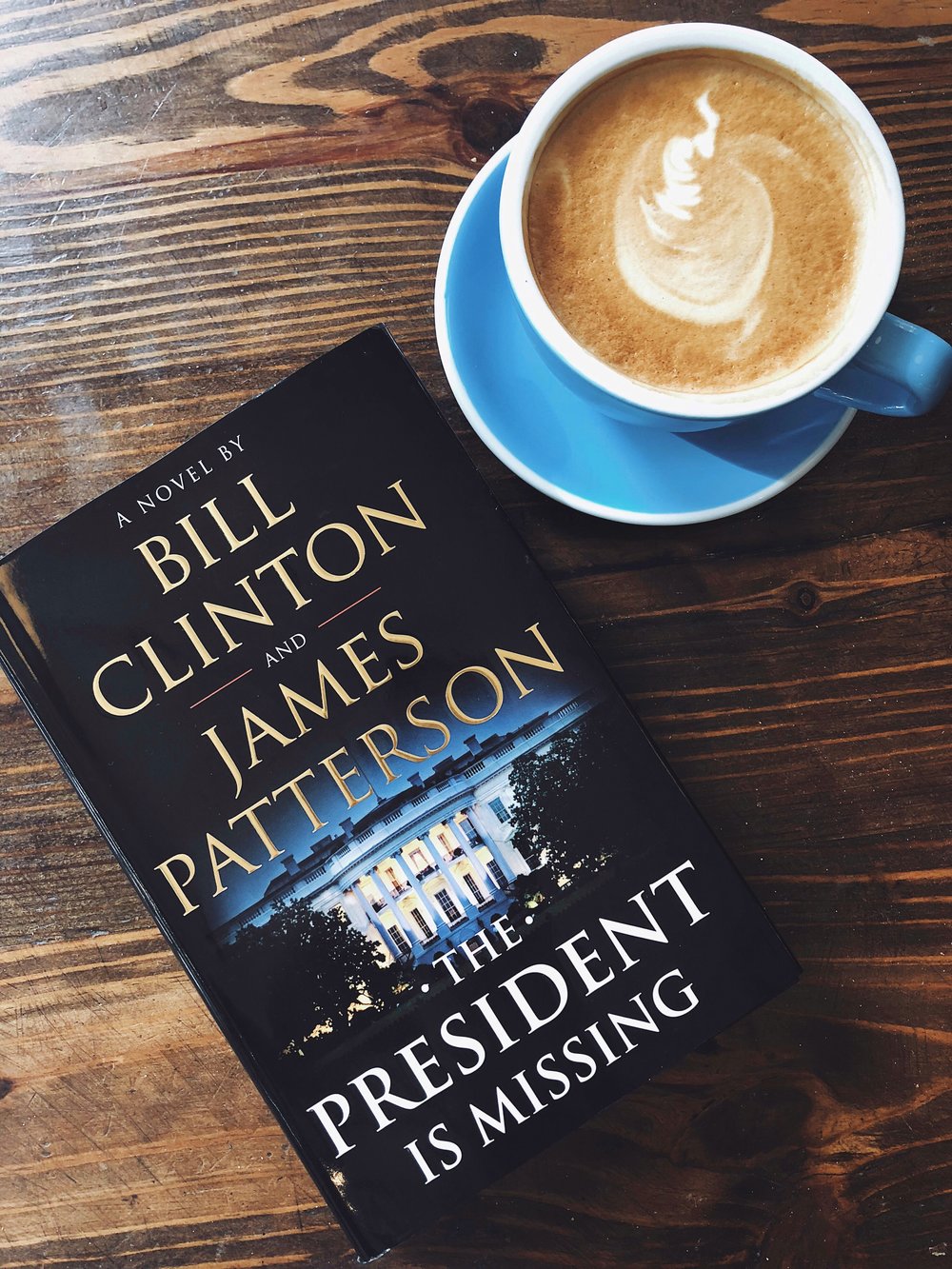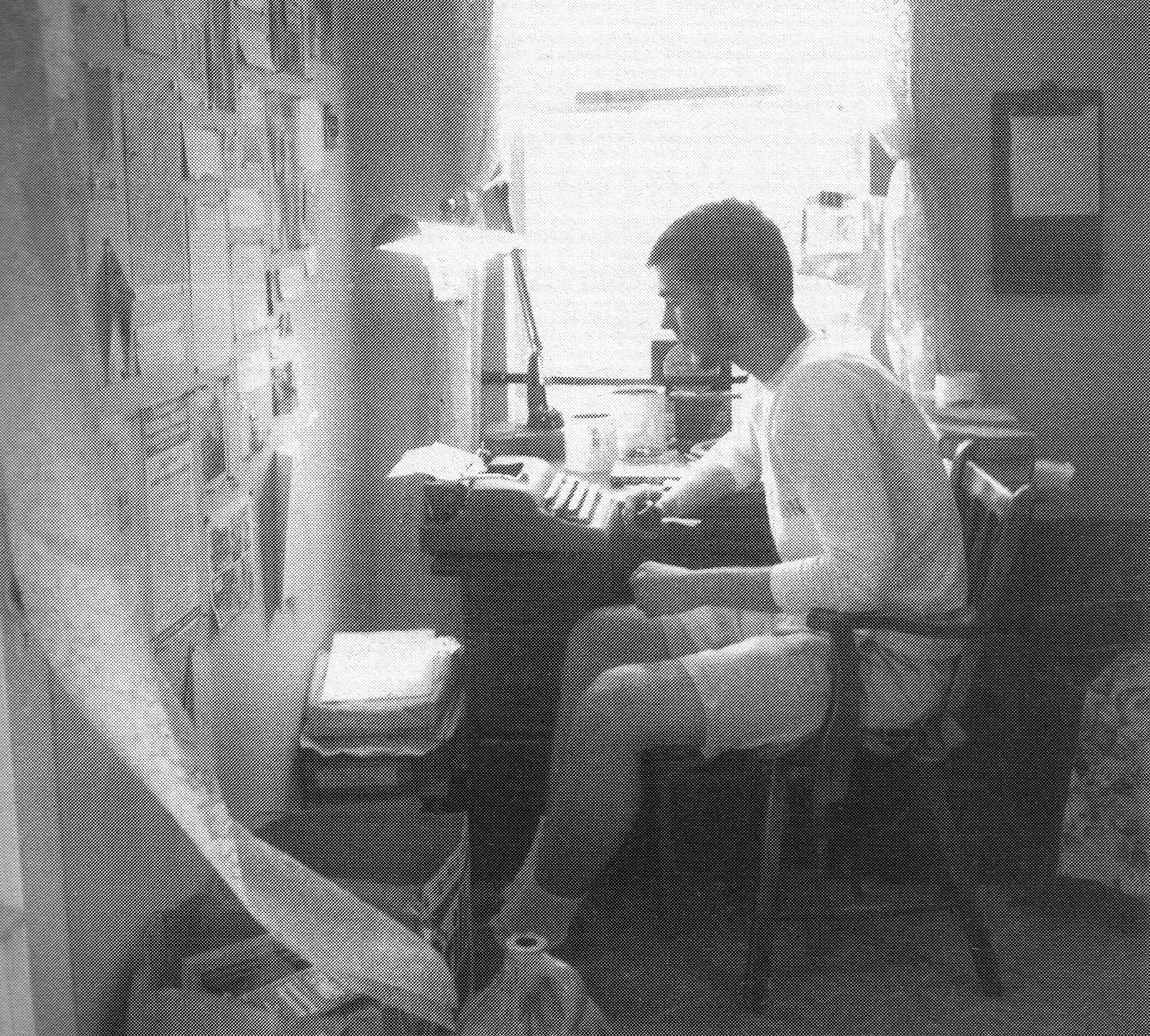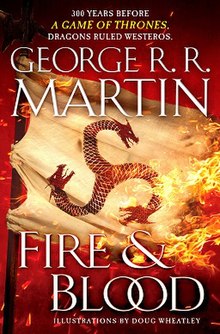Finished George Saunders'
Lincoln in the Bardo, which I started a while back but let rest for a while during exam time and so on. So, what to say about this strange book?
"Lincoln in the Bardo is part-historical novel, part-carnivalesque phantasmagoria."
– A. Preston, The Financial Times
"… a divisively odd book bound either to dazzle or alienate readers ... This is a book that confounds our expectations of what a novel should look and sound like. It seems at first a clever clip-job, an extended series of brief quotations from letters, diaries, newspaper articles, personal testimonies and later scholars, each one meticulously attributed."
– R. Charles, The Washington Post
"But before long, these biographical and historical sources – some of which appear genuine, others fictional – are overcrowded by a choir of ghosts, who form a mosaic of delirious voices. These are the residents of
the Bardo, an assemblage of dead people who, for various reasons that are illuminated in the story, are unwilling to complete their journeys into the afterlife, choosing instead to linger in this limbo, near their physical remains in the cemetery."
– Apocryphal account of a TTW poster
"Not dead, merely ill, having per the advice of my physician retreated for a period of convalescence in my ... sick-box."
– hans vollman
"The
Vajrayana (
Tantric) Buddhism that emerged in
Central Asia and particularly in
Tibet developed the concept of the
bardos, the intermediate or transitional states that mark an individual’s life from birth to death and rebirth."
– M. Stefon, Britannica
"[Saunders' Bardo] is not a straightforwardly Tibetan bardo, in which souls are destined for release or rebirth. It is a sort of syncretic limbo which has much in common with the Catholic purgatory."
– H. Kunzru, The Guardian
"The Lincoln who finds himself in the Bardo is Willie, the beloved 11-year-old son of president Abraham Lincoln. Willie, struck by illness, dies in the midst of the American Civil war, and the novel chronicles the president's grief over this loss."
– Apocryphal account of a TTW poster
"On at least two occasions – and this is the germ of historical fact from which Saunders has spun his extraordinary story – the president visits the crypt at night, where he sits over the body and mourns."
– Kunzru, op. cit.
"In the midst of the Civil War, saying farewell to one son foreshadows all those impending farewells to sons, the hundreds of thousands of those who will fall in the battlefields. The stakes grow, from our heavenly vantage, for we are talking about not just the ghostly residents of a few acres, but the citizens of a nation — in the graveyard’s slaves and slavers, drunkards and priests, soldiers of doomed regiments, suicides and virgins, are assembled a country."
– C. Whitehead, The New York Times Book Review
"At a time when his office is held by a monstrous buffoon, there’s enormous power in this image of the noble, broken, moral president, who wrests such a brave message from his son’s life and death: 'Love, love, I know what you are.'"
– A. Preston, op. cit.
"The sum of all of this has been enough to elicit rapturous praise from the critics and garner a
Man Booker Prize. Nonetheless, the experimental, fragmented form has ineluctably led to a divided popular opinion as pertains to the book's merits. In its best moments, Saunders unfolds a haunting poetic fervor when he lets his tormented spirits lament the worldly wonders they have left behind, a reminder for us readers to cherish those gifts while we still may."
– Apocryphal account of a TTW poster
"… a wondrous gift, the gift of being allowed, every day, to wander this vast sensual paradise, this grand marketplace lovingly stocked with every sublime thing: swarms of insects dancing in slant-rays of August sun; a trio of black horses standing hock-deep and head-to-head in a field of snow; a waft of beef broth arriving breeze-borne from an orange-hued window on a chill autumn—"
– roger bevins iii
"[But] the supernatural chatter can grow tedious at times — the novel would have benefited immensely from some judicious pruning."
– M. Kakutani, The New York Times
"Nonetheless, a book which one is happy to have read, if for nothing more than to expand the boundaries of one's perception of what a novel can be."
– Apocryphal account of a TTW poster











